Disposal of plastic bottles is a huge contributor to the global climate crisis. In a world that is currently making 300 million tons of plastic from fossil fuels annually, we are desperate to have alternatives, and the Dutch company Avantium might have a solution for us. With the backing of major companies such as Coca-Cola, Carlsberg, and Danone, it is developing a plant-based plastic that could replace the plastic used in the food supply chain.
More info: Avantium
Coca-Cola and Carlsberg have joined forces to back Dutch biochemical company Avantium, which is developing new plant-based plastic
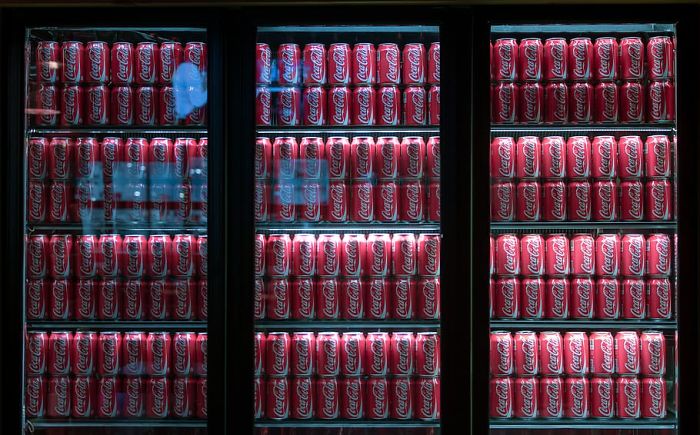
Image credits: piqsels
The Dutch company Avantium seeks to reduce the market’s reliance on fossil fuels by developing fully plant-based plastic. The new plastic-like material it has developed is made from corn, wheat, and beet sugars.
This material made from plant sugars would completely decompose within a year in a composter
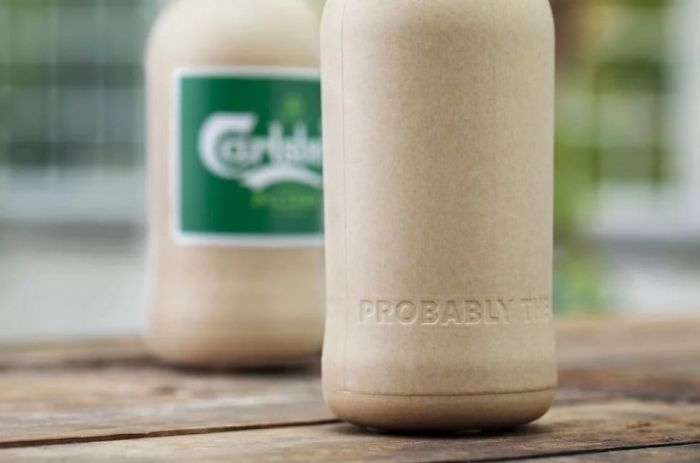
Image credits: carlsberg
“This plastic has very attractive sustainability credentials because it uses no fossil fuels and can be recycled—but would also degrade in nature much faster than normal plastics do,” Avantium’s chief executive, Tom Van Aken, said to The Guardian.
The new plant-based bottles will dissolve in a few years if left outside in normal conditions
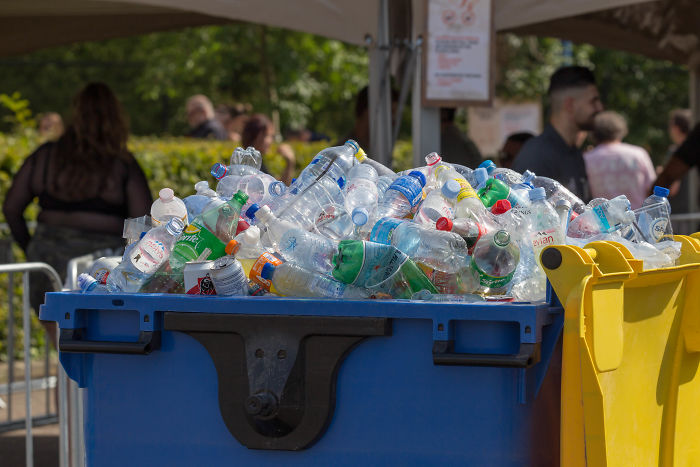
Image credits: Marco Verch
That could make a major change in the world since plastic pollution is a major issue nowadays and it keeps growing. Plastic bottles and pieces of microplastic can be found on every single beach in the world and are affecting sea life.
This plastic is considered a very attractive alternative, since no fossil fuels are involved in the manufacturing process
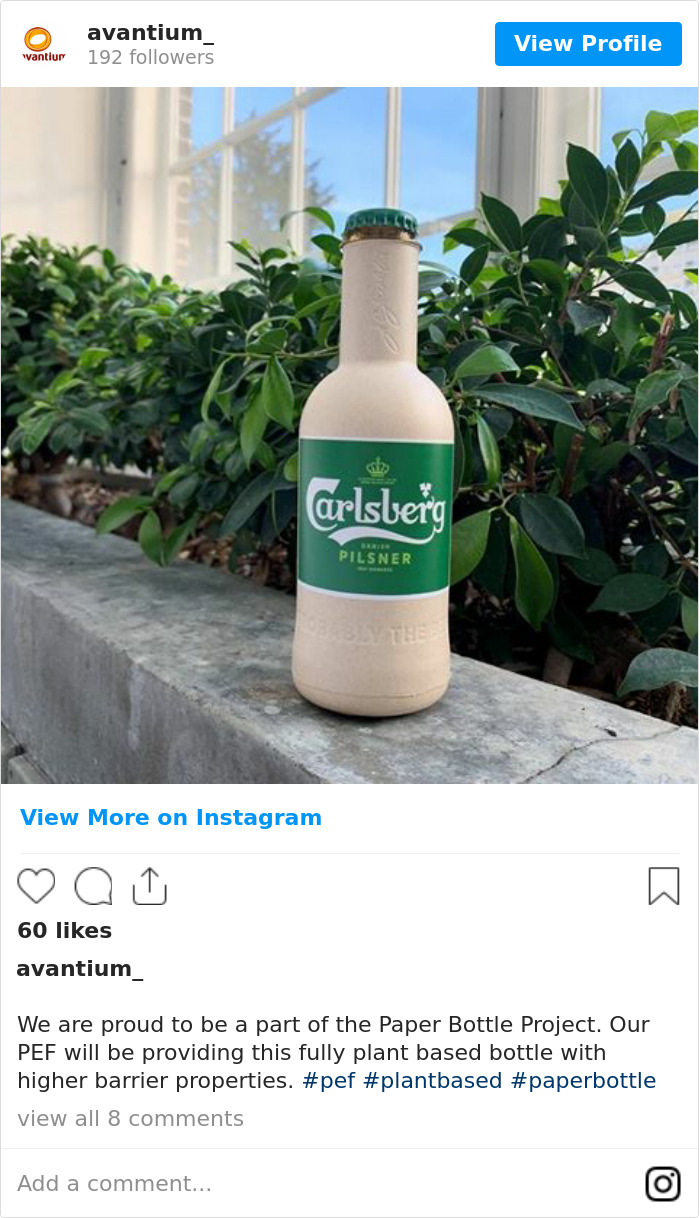
Image credits: avantium_
Back in 1950, a global population of 2.5 billion produced approximately 1.5 million tons of plastic. However, by 2016, a population of more than seven billion produced more than 320 million tons of plastic. This figure is expected keep growing and double by 2034. Therefore, any effort to reduce plastic production is vital.
It is hoped that beverages in these bottles will hit the shelves by 2023
Myriam Shingleton, Carlsberg’s vice president of group development, stated that the company aims to innovate all of its packaging formats: ”We are pleased with the progress we’ve made on the Green Fiber Bottle so far. While we are not completely there yet, the two prototypes are an important step towards realizing our ultimate ambition of bringing this breakthrough to market.”
Initially, the project will manufacture a relatively low 5,000 tons of plant-based plastic a year
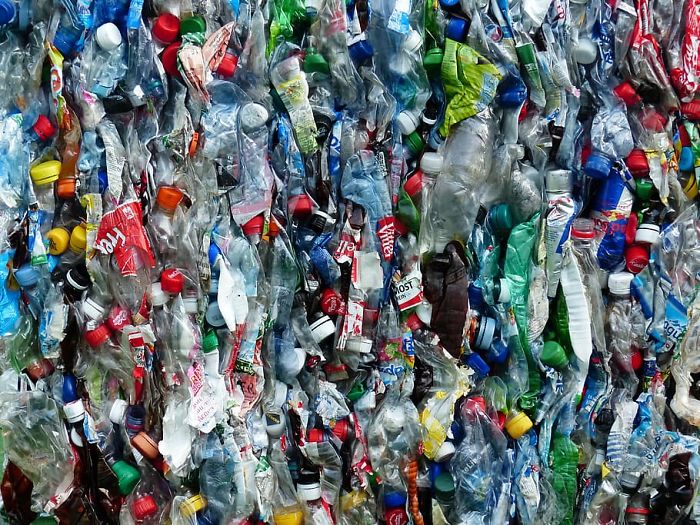
“Innovation takes time and we will continue to collaborate with leading experts in order to overcome remaining technical challenges, just as we did with our plastic-reducing Snap Pack,” she continued.
The plant-based plastic will be made using sugar from corn, wheat, and beets
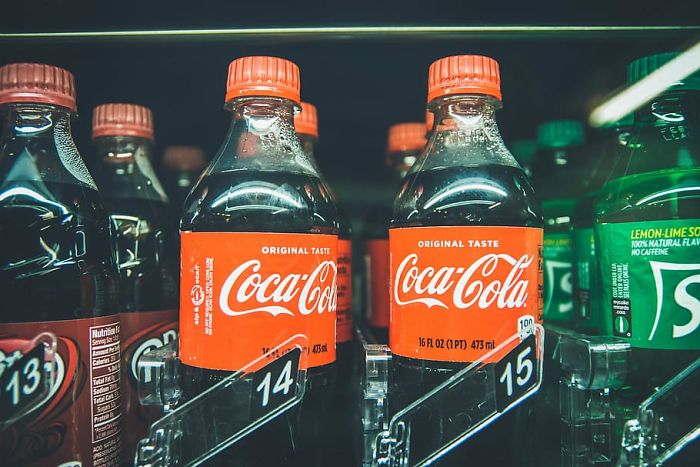
Image credits: paperflare
from Bored Panda https://ift.tt/3bLNX22

No comments:
Post a Comment